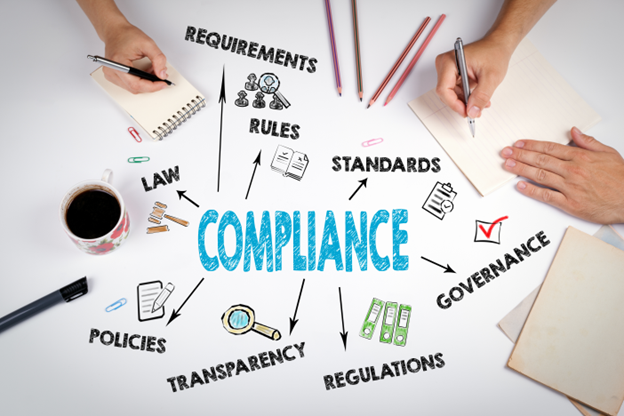Dealing with Delinquent Receivables: Best Practices for Canadian Companies
For Canadian businesses, managing delinquent receivables is a delicate balance between recovering outstanding payments and maintaining positive customer relationships. Unpaid invoices can significantly impact cash flow and overall financial health. In this blog, Canaccede Financial Group reviews effective communication strategies and debt collection techniques that will help Canadian companies handle delinquent accounts while ensuring compliance with Canadian laws and regulations.
Cultivate Proactive Communication
When a customer’s payment becomes overdue, prompt and proactive communication is crucial. Reach out to the customer immediately after the payment deadline has passed to inquire about the status of the invoice. Be polite, professional, and empathetic during these interactions, as it is essential to maintain a positive relationship with the client.
Consider using multiple communication channels in a compliant way, such as emails, phone calls, and even personalized letters, to ensure your messages reach the customer effectively. Clearly explain the consequences of continued non-payment and the steps that will be taken if the issue remains unresolved.
Offer Payment Arrangements
In some cases, customers may be facing financial difficulties, making it challenging for them to settle their invoices in full. Instead of pushing for immediate payment, consider offering payment arrangements or installment plans that suit their financial situation. This approach demonstrates flexibility and a willingness to work with customers to find viable solutions.
When proposing payment arrangements, ensure the terms are clearly documented and agreed upon by both parties. It’s important to keep lines of communication open and monitor the customer’s progress in adhering to the plan.
Know Your Rights Under Canadian Law
Canadian companies must be familiar with the laws and regulations governing debt collection to avoid any legal complications. Familiarize yourself with federal and provincial laws, which outline the rights and responsibilities of both debtors and creditors.
Ensure that your collection practices comply with the guidelines set forth in these laws, including restrictions on communication frequency, timing, and content. If you’re unsure about any legal aspect, seek advice from experienced professionals specialized in debt collection to stay within the bounds of the law.
Engage with Receivables Management Partners
If efforts to recover delinquent receivables in-house are not yielding results, it may be appropriate to engage with a reputable receivables management partner. These companies have expertise in debt recovery and can often handle delicate situations more objectively and efficiently.
Before partnering with a debt-collection company, thoroughly research its reputation, experience, and adherence to Canadian debt-collection laws. Ensure they maintain transparency in their communication with both you and the debtor to uphold your company’s reputation.
Conclusion
Effectively managing delinquent receivables is a critical aspect of financial stability for Canadian companies. By implementing proactive communication strategies, offering payment arrangements, adhering to Canadian laws and regulations, and engaging with professional receivables management companies, businesses can navigate the challenges of handling delinquent accounts while preserving customer relationships.
Remember, compassion and professionalism go a long way in resolving outstanding debts. Prioritize open communication and cooperation to find mutually beneficial solutions that lead to successful debt recovery and sustainable business growth. By balancing assertiveness with empathy, Canadian companies can strike the right chord when dealing with delinquent receivables.


